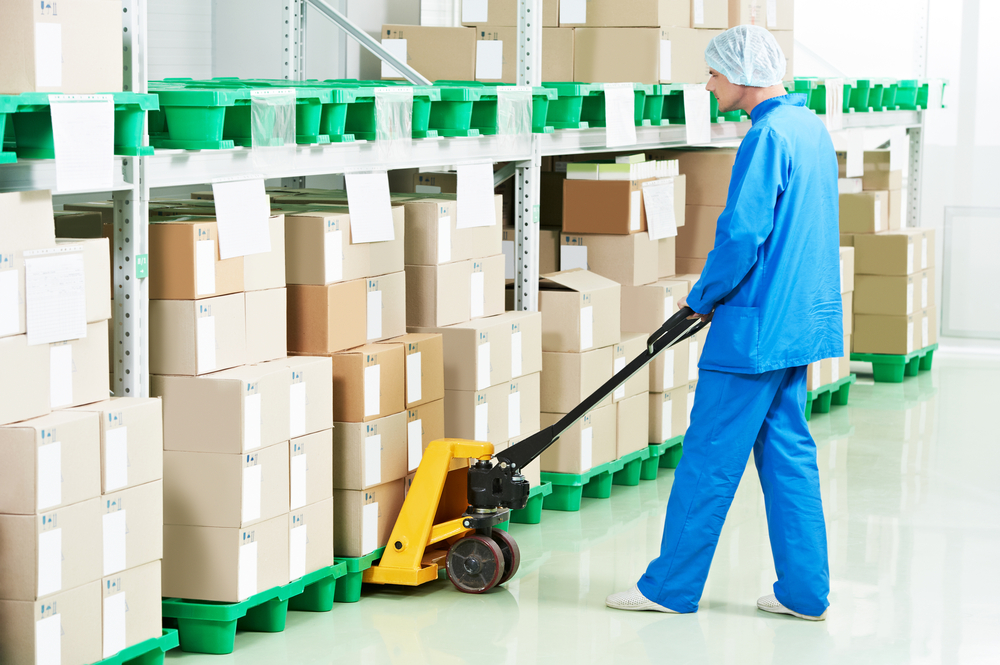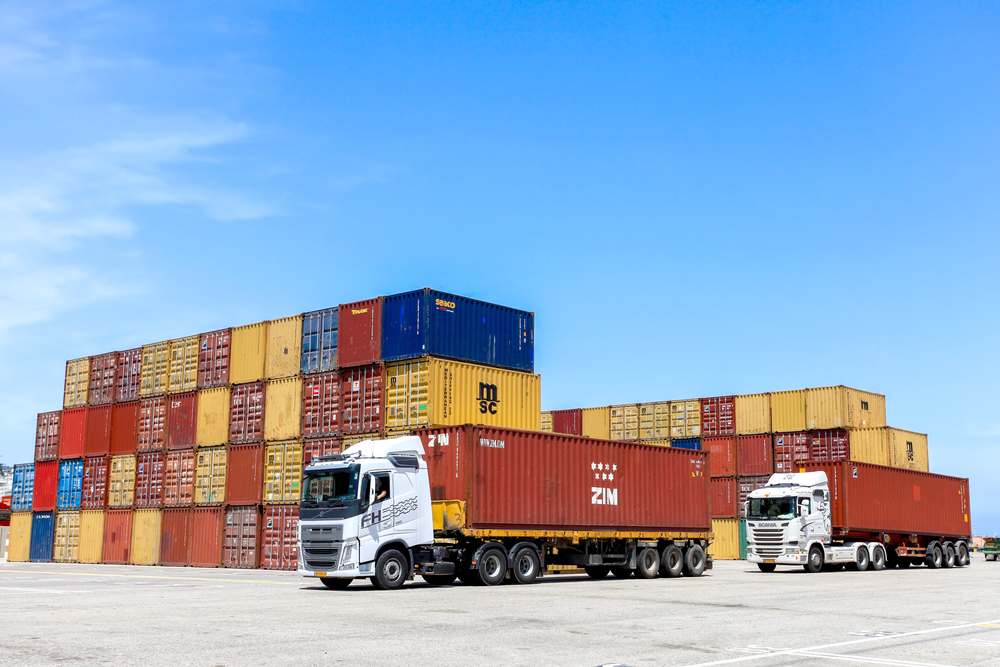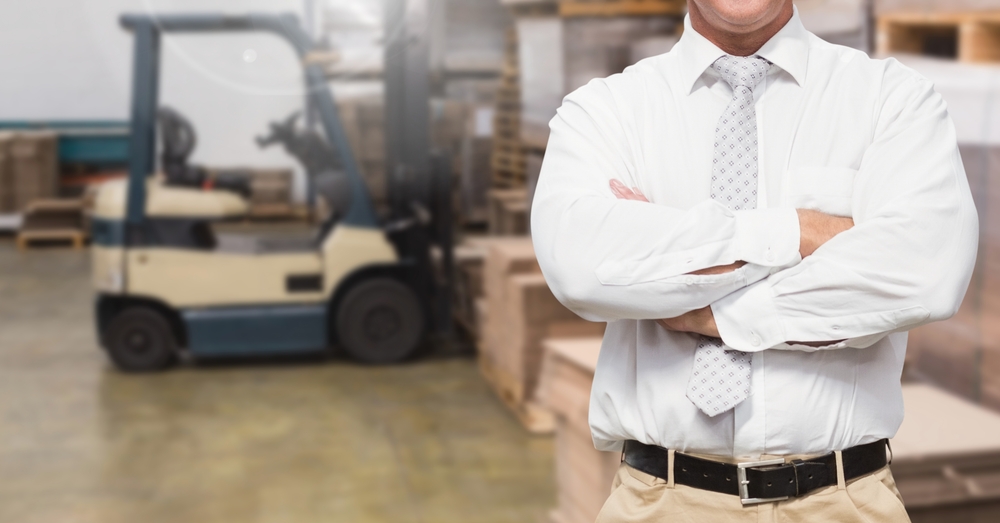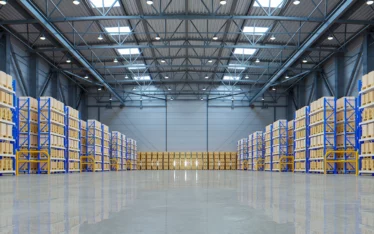The general aim of every shipping service os to transport products with minimum damage, cost, and time. Traditional warehousing and shipping methods need distributors with stocks of items on hand to deliver to their customers. On the other, cross-docking is the unloading of items directly from incoming transport onto outbound shipping with little long-term storage in between.
A quality and professional third-party logistics (3PL) team offers cross-docking to benefit your business and expedite the shipping process. Some logistics also offer traditional warehousing as needed. Since both services are vital to most supply chain models, they are frequently misinterpreted. In this blog, we will explore the differences between traditional warehousing and cross-docking. Get informed!

What is Cross-docking?
Cross-docking is a logistics option where a supplier or manufacturer distributes products or items directly to a customer or retail chain. They transport the products with minimal to no handling or storage time. Cross-docking logistics takes place in a distribution docking terminal. Usually, it consists of trucks and dock doors on both inbound and outbound sides with small storage space.
Basically, it involves receiving products through an inbound dock then transferring them across the dock to the outbound transportation dock. If you implement it appropriately and in the right conditions, it can significantly improve efficiency and functionality in your delivery process.
How Cross-Docking Works?

The process of cross-docking is not suited to every specific warehousing need. Therefore, it is essential to make a quality decision as to whether to use cross-docking in your business. Consider whether it will increase productivity, reduce costs and boost customer satisfaction for your business. In the same vein, cross-docking can advance the supply chain but for a variety of specific products. Unpreserved and temperature-controlled products like food that need to be transported as quickly are ideal for this process.
What are the Benefits of Cross-Docking Services?
There are various benefits of cross-docking services over traditional warehousing modes.

Simplified Inventories
Cross-docking does not require you to hold onto large volumes of stock since materials are quickly received and shipped. As a result, you will need only fewer labour hours to manage inventory. Also, it reduces warehouse space required and provides you with a competitive edge over business rivals.
You won’t be stuck with volumes of stock, which in return, can make your work easier. In addition, it is easier for you to adapt and grow to meet the demands and needs of your clients. Besides, less inventory and renting a space in warehouses reduces the risk of accidental damage, fire, and theft.
Work Efficiency
In traditional distribution, there are several parties that work together to make distribution easy. These parties include logistics partners or trucking and parcel delivery systems. However with cross-docking, there is a reduced need for a variety of business relationships. It allows one 3PL team to handle both the warehousing and expedited shipping.
Low Cost
In warehousing, you store inventory at your logistics partner’s warehouse, plus you need to rent that space. Renting storage for lengthy-time can increase the overall service cost. With cross-docking, you can avoid these additional costs since the products are directly transported from the business to the client.
Fast Shipping Times
One of the most significant advantages of cross-docking is the fast shipping of items. Once an item is ordered, it is eventually shipped. Once it reaches the warehouse, it is moved efficiently and carefully from one truck to another to be shipped to the customer.
It is a great system if you find a dedicated logistics partner with this kind of shipping service. It will help you reduce not just the costs but also the shipping times. Also, it can quickly clear up your schedule, minimize damage risks to your products, and provide on-demand shipping.
Reduced Risk of Damaged Items
Although there’s an increase in speed, cross-docking lessens the risk of damage to your products. The risk of loss is always high when humans are involved in any process. However, the cross-docking process significantly reduces the damage. It is safe for moving products into and out of the storage. Cross-docking moves products from incoming trucks directly to outgoing trucks. Therefore, it passes through the least amount of hands necessary to finish the job.

What is Traditional Warehousing?
Traditional warehousing refers to keeping a customer’s goods in storage for a short time. It is defined as the act of storing goods that will be sold or distributed later. It allows customers to expand and contract inventory based on demand. In return, it enables customers to fit the costs based on their supply chains and maximize profits.
What are the Benefits of Traditional Warehousing?
- It has local expertise in new markets
- It reduces the total delivered cost for your clients
- It improves customer service through shorter shipment periods
- It reduces the inventory costs if you have better management
- Has cost benefits through volume shipping discounts
- It improves shipment visibility
- It has more scaleable logistics operations and cost models
- It enhances the variety of technology and service
Final Thoughts
If you’re looking to optimize and manage your product distribution and fulfillment services, you can consider a company that offers cross-docking services. Cross-docking services have many advantages for your business. It will simplify the shipping relationship, save you money, and decrease the risk of damaged products.Here at OCTi, we have enough expertise and the equipment to make any transfer quick and easy. Whether you have large items, a combination of goods or multiple pallets, we can unload them into our warehouse or onto another trailer. You can call us at 905-695-1501 to speak to our logistics experts and receive a free quote on our cross-docking services.



